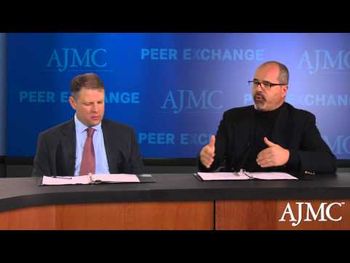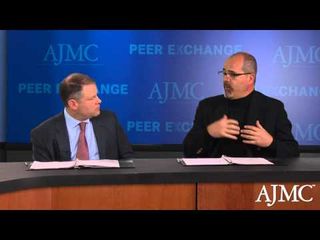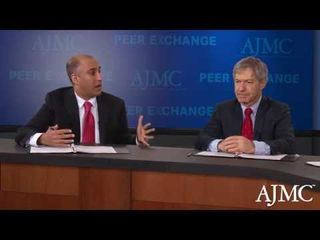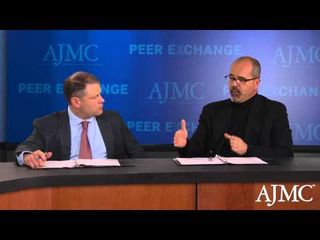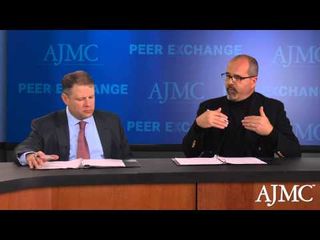
Value-Based Care
Latest News
Latest Videos

CME Content
More News

Leah Binder, MA, MGA, president and chief executive officer of The Leapfrog Group, encourages everyone to attend The American Journal of Managed Care's ACO and Emerging Healthcare Coalition Fall live meeting, which will be held October 15-16 in Palm Harbor, Florida.

The potential of nurse practitioners is not being fully realized in primary care medical practices. Consequently, cost and quality gains are not being achieved.

Accountable care organizations can play a key role in building a Culture of Health in which every person in America can have the healthiest life possible.

This study examines the association between plan-level measures of health outcomes and medication adherence to assess the viability of adherence as a measure of plan performance.

Unlike ACOs or P4P, implementation of bundled payment for inpatient and post acute care in Medicare would modestly reduce geographic variation in spending.

Cigna and Providence-Swedish Health Alliance ACO in Western Washington recently launched a care collaboration initiative that will benefit more than 7100 individuals who are covered by a Cigna health plan.

When The American Journal of Managed Care's ACO and Emerging Healthcare Delivery Coalition met for the most recent Web-based session, the speakers discussed the importance of accountable care organizations as CMS moves forward with new reimbursement schemes and managing high-risk patients through coordinated care.

Two new changes to CMS' ACO Investment Model will help practices in rural areas gain more access to the benefits of accountable care organizations.

Among the 20 chronic conditions with the highest impact on the Medicare population, some have no quality measure, which limits Medicare's ability to pay for value.

Aledade, founded by Farzard Mostashari, MD, announced on Monday that it had raised $30 million to support its mission of partnering with independent primary care physicians to create accountable care organizations and further fuel the company's growth.

This week the American Diabetes Association Scientific Sessions was held in Boston with results on 2 cardiovascular outcomes trials for diabetes drugs, and FDA advisory panels voted in favor of 2 PCSK9 inhibitors.

As accountable care organizations (ACOs) work to deliver population health, patient satisfaction, and cost savings, the need to engage patients as partners in their own healthcare has never been greater. The ACO and Emerging Healthcare Delivery Coalition convened April 30-May 1, 2015, at the historic Hotel del Coronado in San Diego, California, to explore ways to make patients the starting points of healthcare, not just its recipients.

This manuscript describes a structural alternative that builds upon the vision of the ACO, positions it centrally in the healthcare experience, and overcomes current limitations in delivering care.

The authors describe a 3-step framework for how accountable care organizations (ACOs) can ensure that patients' needs, values, and preferences are incorporated into ACO governance decisions.

This week CMS released their third round of annual data, the value-based topics of the American Society of Clinical Oncology gained new ground, and The American Journal of Managed Care will travel to their 75th session of the American Diabetes Association in Boston.

This paper illustrates how Medicare Advantage plans and accountable care organizations could benefit from adopting innovative care delivery models, and suggests policy changes to accelerate spread.

The ruling finalizes risk-sharing for participating providers in accountable care organizations.

A blog on Health Affairs highlights California's successful ACO models that are steadily moving towards the goal of 60% of the population being cared-for by an integrated healthcare delivery system.

The American Journal of Managed Care convened experts in health policy, from health plans, and from community oncology, to discuss OCM and other issues in oncology care during the Oncology Stakeholders Summit, Spring 2015 Peer Exchange.




